ITV1 TV Shows
2025 shows • Page 77 of 102
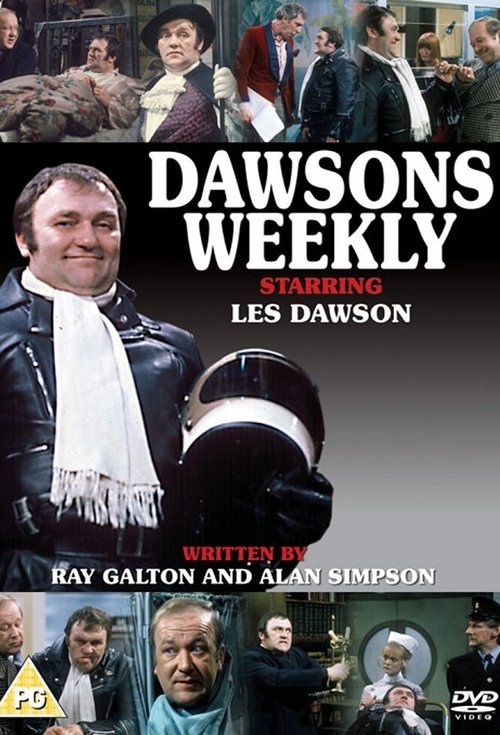 0
0Dawson's Weekly

Doctor on the Go
The misadventures of a group of doctors.
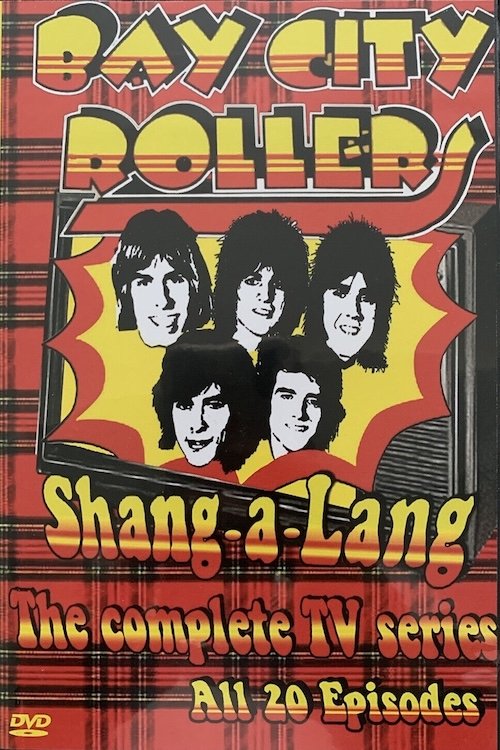
Shang-a-Lang
Shang-a-Lang was a children's pop music TV series starring the Scottish band, the Bay City Rollers. It was produced in Manchester by Granada Television for the ITV network and ran for one 20-week series in 1975. It featured the band in a number of comedy sketches and performing their songs to a live studio audience made up of their teenage fans. This resulted in chaotic scenes at times as some members of the audience attempted to run onto the studio floor to meet their heroes, resulting in security officers having to forcibly restain or even eject them from the studio. The show's theme song "Shang-a-Lang", was a hit single for the group, peaking at number 2 in 1974 in the UK.

Edward the Seventh
Edward the Seventh is a 1975 television drama miniseries produced by ATV. Based on the biography of Edward VII by Philip Magnus, the series features depictions of a vast number of historical figures including, but not limited to, Prince Albert of Saxe-Coburg and Gotha, Arthur Balfour, Arthur Wellesley, 1st Duke of Wellington, Edward VII, George V, Napoleon III, Nicholas II of Russia, Queen Victoria, Wilhelm I, Wilhelm II, Winston Churchill, Henry John Temple, and Otto von Bismarck.

The Wackers
Comedy series set in Liverpool about an half-protestant/half-catholic family.

The Hanged Man
After surviving a series of attempts on his life, successful businessman Lew Burnett decides to remain "dead" after the most recent one so he can go undercover and find out which of his close friends and business associates want him dead.
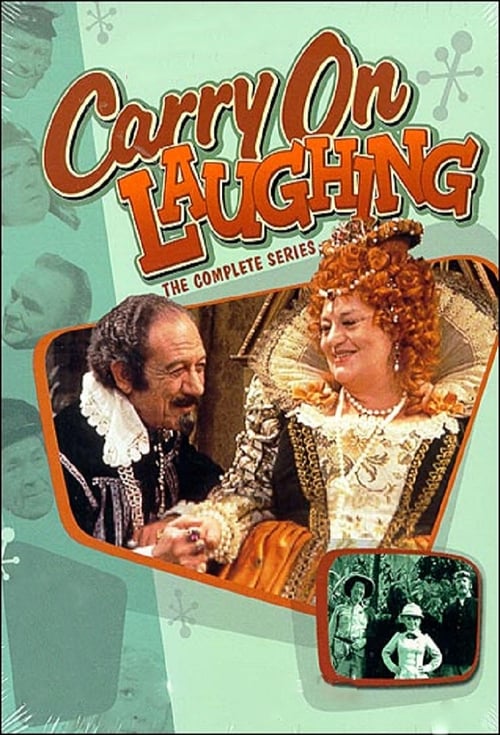
Carry On Laughing
An anthology of half-hour stories, mostly historical romps and satires of pop culture, some feature recurring characters; based on the blockbuster Carry On films, the series was an attempt to address the films' declining cinema attendance by transferring the franchise to television. Many original cast members were featured in the series.
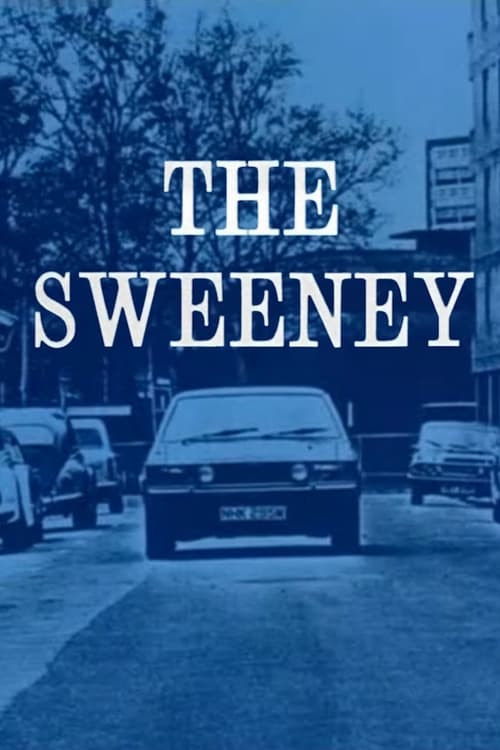
The Sweeney
Jack Regan, an unethical officer of the Flying Squad, uses unorthodox methods to pursue criminals with the help of his partner, George Carter.
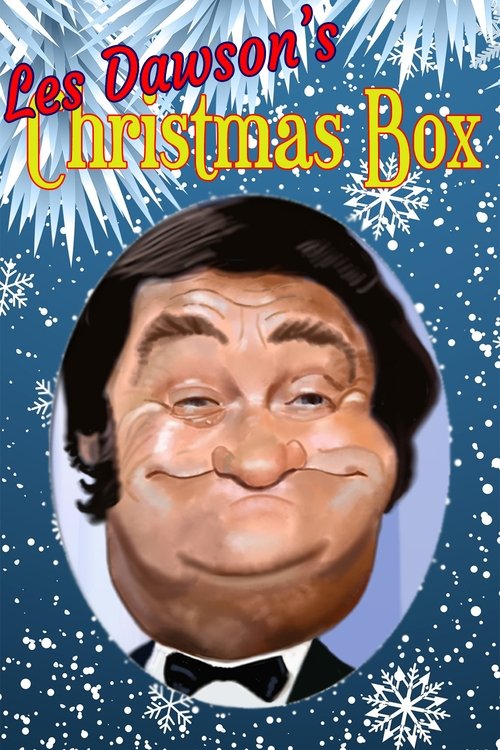 0
0Les Dawson's Christmas Box
A seasonal offering from one of Britain’s most missed comics first seen in 1974 featuring sketches, songs, music and dancing.
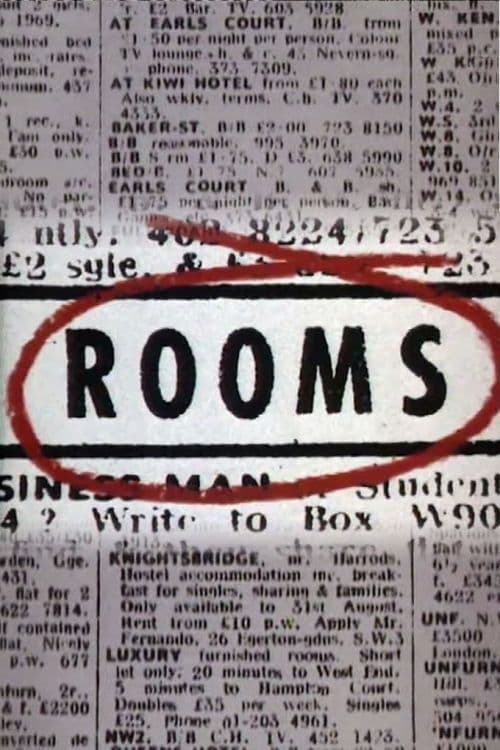
Rooms
Rooms is a 1974–77 British afternoon soap created by John Finch and produced by Thames Television for ITV. Each story is two parts, concerning the various drifters who rent rooms in a lodging-house at 35 Mafeking Terrace.
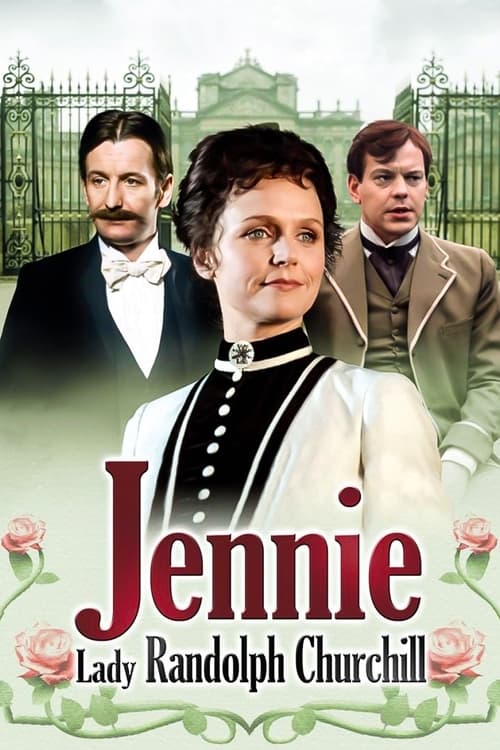
Jennie: Lady Randolph Churchill
Lee Remick stars as Jennie Jerome, born in the United States in 1845, who eventually became Lady Randolph Churchill, and gave birth to Sir Winston Churchill in this seven-part, seven-hour biographical mini-series.
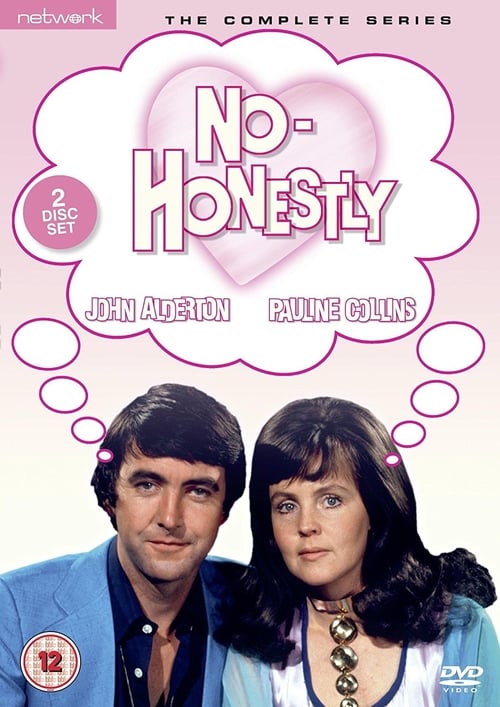
No, Honestly
No, Honestly is a British sitcom that was originally produced in 1974. No, Honestly featured the real-life married couple of Pauline Collins and John Alderton respectively as Clara and Charles Danby, a newlywed couple living in London. The character of Clara was a ditzy dreamer who hoped to write books for children. Charles Danby by contrast was a struggling actor with a more serious streak. At the start of each episode, the couple appeared in front of an audience telling stories about their first meeting, courtship and life as newlyweds. The entire programme, therefore, was a series of flashbacks as the couple recounted the earlier days of their romance. Filled with witty and sparkling banter, the episodes featured comic situations ranging from problems with mistaken identity to decorating and makeover mishaps. In homage to George Burns and Gracie Allen, CD would end each episode with the phrase "Say goodnight, Clara." The series is based on the novels Coronet Among the Weeds and Coronet Among the Grass written by Charlotte Bingham, who was co-creator of the TV series with her husband Terence Brady. The theme song for No, Honestly was written and performed by Lynsey De Paul. It peaked on the UK charts at number 7.
 0
0Affairs of the Heart
Anthology series of one-hour love stories based on the short stories of Henry James.
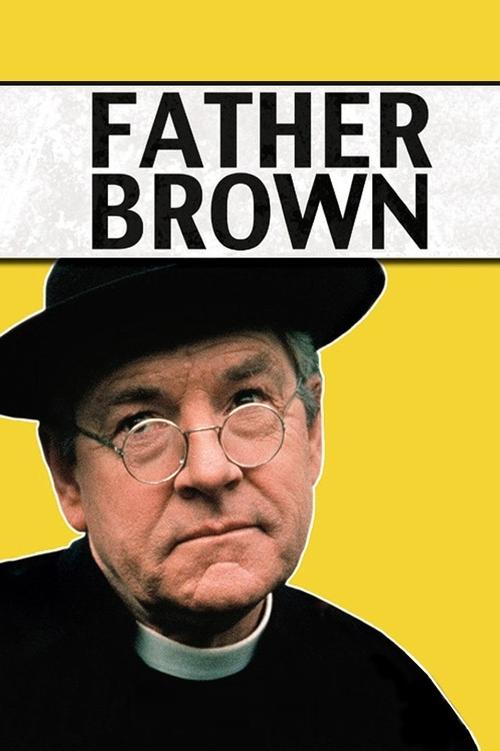
Father Brown
Father Brown was a Catholic priest who doubled as an amateur detective in order to solve mysteries.
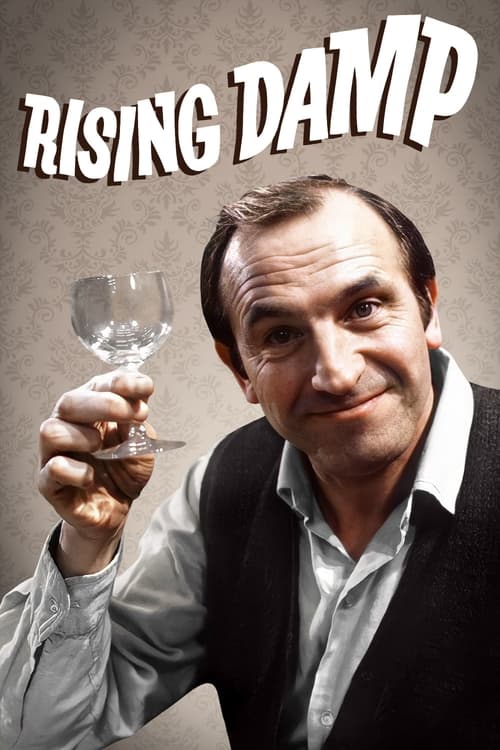
Rising Damp
Set in a seedy bedsit, the cowardly landlord Rigsby has his conceits debunked by his long suffering tenants.
 0
0The Inheritors
A land-owning father and son clash over the future of their large estate in Wales.
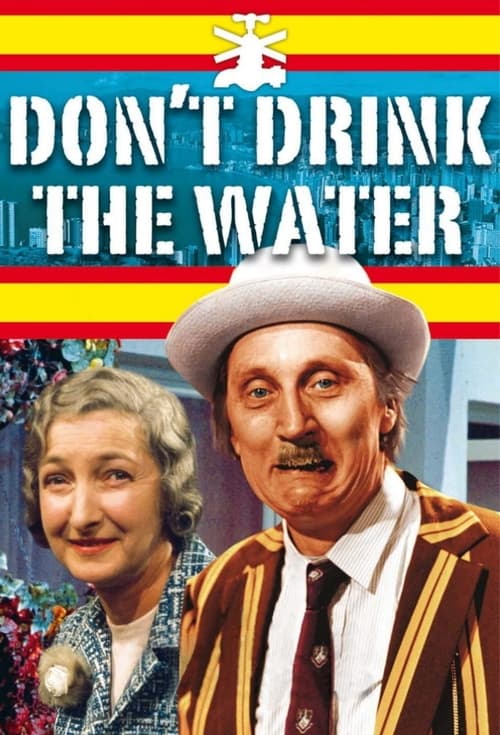
Don't Drink the Water
This short-lived sequel to On the Buses (1969) saw Blakey move to Spain with his sister.
 0
0Good Girl
Do-gooder Angie Botley is a ministering angel whose mission in life is to help people become happier and better human beings.
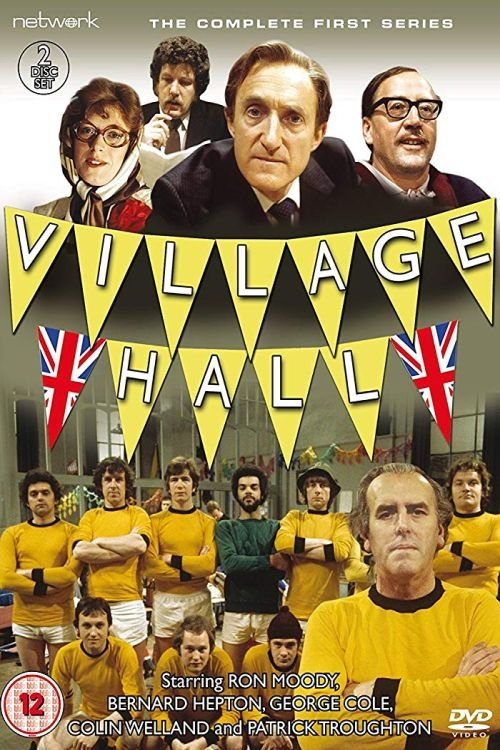 0
0Village Hall
Village Hall is a drama anthology series made by Granada between 1974 and 1975. It is entirely set in a village hall, with each episode highlighting a different use to which the space is put by local people. Writers include Jack Rosenthal and the actor Kenneth Cope.
 0
0Late Night Drama
A series of 13 single plays.
